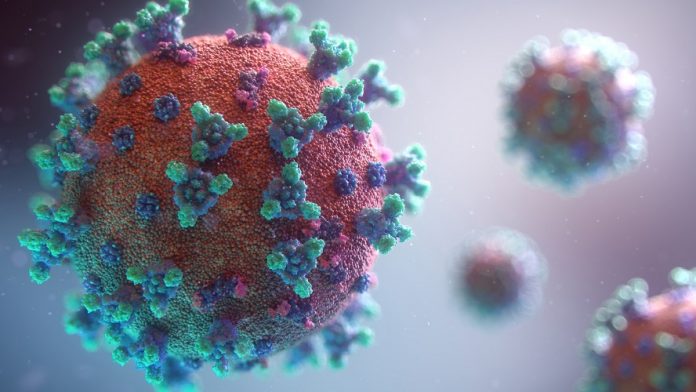How is the virus transmitted?
It’s likely that the Coronavirus Disease (COVID-19) originated in an animal species, and then spread to humans.
Person to person spread of the novel corona virus is reported, but it is not yet understood how easily this happens.
Other human coronavirus strains are spread from person to person through contaminated droplets from a person who is sick with the illness (through coughing or sneezing) or contaminated hands.
Is there a vaccine against the novel coronvirus?
Currently, there are no available vaccine that protects against Coronavirus Disease (COVID-19)
There is no specific treatment. It is a mainly supportive treatment that aims at reducing symptoms.
Ways to prevent the disease
Wash Your Hands For 20sec
Wash hands often with soap and water for at least 20 seconds.
Cover Nose & Mouth When Sneezing
Cover coughs and sneezes with tissues.
Use Sanitizer
Use hand sanitizer if soap and water are not available.
Avoid Crowded Places (Social Distancing)
As an individual, you can lower your risk of infection by reducing your rate of contact with other people. Avoiding public spaces and unnecessary social gatherings, especially events with large numbers of people or crowds, will lower the chance that you will be exposed to the coronavirus as well as to other infectious diseases like flu.
Avoid Contact With Sick People
Avoid close contact with anyone showing symptoms of respiratory illness.
How to prepare for staying at home
CLEANING
- Soap
It’s the best way to wash up (and much easier to find than hand sanitizer).
- Disposable gloves
For handling things that might be contaminated. Do not wash or reuse.
- Disinfectant wipes
Look for products with active ingredients such as quaternary ammonium, sodium hypochlorite, or hydrogen peroxide.
- Towels, clean linens
Or anything else you might need more of as cleaning habits change.
FOOD/NECESSITIES
- Supplies of shelf-stable food
Beans, rice, flour, and canned items: enough for a couple of weeks, if access to grocery stores is limited.
- Coffee or tea
Or other everyday “necessities.”
- A first aid kit
Hospitals may be overwhelmed, so you’ll want to be able to treat minor problems at home.
- 90 days of medication
The CDC recommends stocking up on prescriptions, so contact your doctor.
WORK AND ENTERTAINMENT
- Yarn, art supplies, or other hobby items
It’s a good time to dive into an activity you can do at home. Morale matters!
- Things for working from home
From a desk chair to a mouse, it’s better to have the tools for your job if it’s possible to work remotely.
- Electronics and, potentially, spare parts
If your phone or computer breaks, it’s an inconvenience in the best of times. Right now, it might be more than that, if stores aren’t open to get a replacement.
- Games for family time
If you’ve got kids at home, you’ll need distractions!
IF YOU GET SICK
- Medication for reducing a fever, like acetaminophen (Tylenol).
- A thermometer for monitoring a fever.
- Cough and cold medication Including cough drops and lozenges, cough syrups like Dayquil/Nyquil, and decongestants like Sudafed.
- A humidifier can also help with a cough that makes it tough to sleep.
- Rehydration solutions Pedialyte or Gatorade works, but you can make it at home with a liter of drinking water, a scoop of sugar, and a pinch of salt. Plain water or other liquids also work for mild dehydration in adults.


